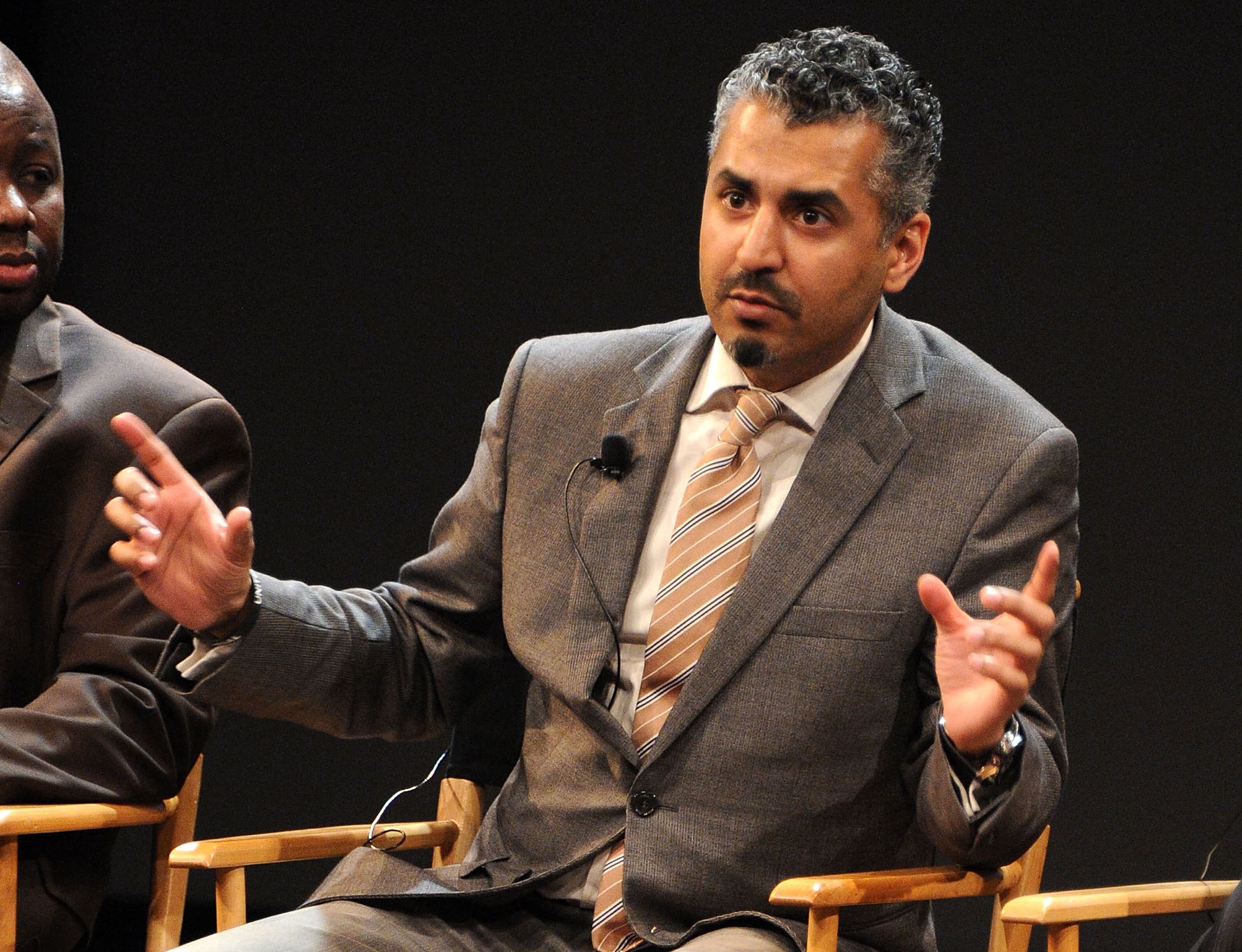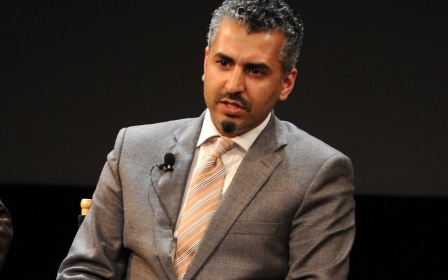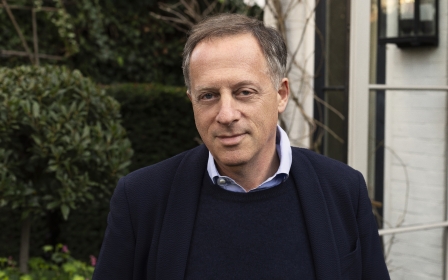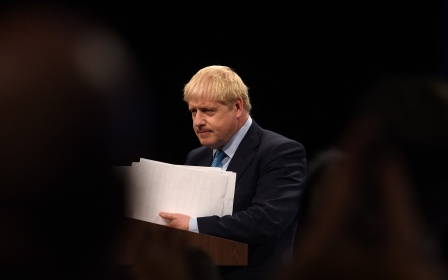Quilliam: British 'counter-extremist' group closes citing lack of funds

British "counter-extremist" organisation Quilliam has announced that it is closing down, citing financial hardship.
In a statement on Twitter, co-founder Maajid Nawaz said the closure had been finalised on Friday.
"Due to the hardship of maintaining a non-profit during Covid lockdowns, we took the tough decision to close Quilliam down for good. This was finalised today," he wrote.
'Due to the hardship of maintaining a non-profit during Covid lockdowns, we took the tough decision to close Quilliam down for good. This was finalised today'
- Maajid Nawaz, co-founder
"A huge thank you to all those who supported us over the years. We are now looking forward to a new post-Covid future."
Originally founded in 2008 and named after the 19th century British Muslim convert Abdullah Quilliam, it described itself as the "world’s first counter-extremism organisation" aimed at tackling extremism of all kinds and advancing "liberal democratic values".
New MEE newsletter: Jerusalem Dispatch
Sign up to get the latest insights and analysis on Israel-Palestine, alongside Turkey Unpacked and other MEE newsletters
Critics of the organisation, however, regularly accused it of authoritarianism as well as targeting Muslim groups across the UK and tarring them with the "extremist" label with little evidence.
A list drawn up by the group in 2010 for a UK Home Office counter-terrorism chief, which accused numerous peaceful Muslim organisations of sharing the ideology of militant groups, was branded "McCarthyite".
Another report in 2018 saying that 84 percent of sexual grooming gangs in the UK were Asians and a majority “of Pakistani origin with Muslim heritage” was denounced as bigoted and without evidence by a number of critics.
The group's publicised relationship with the far-right English Defence League leader Tommy Robinson (real name Stephen Yaxley-Lennon) also came in for criticism. Robinson said the organisation had paid him to leave the EDL, a move which he announced with the group in a 2013 press conference.
Despite leaving the anti-Muslim group, Robinson would continue to voice far-right views in public and on multiple platforms. He was eventually banned from Twitter in 2018.
In 2016, far-right monitoring site the Southern Poverty Law Centre (SPLC) listed Nawaz as an "anti-Muslim extremist" in one of its reports. This led to a legal case, which eventually saw the SPLC apologise and pay $3.375m to Nawaz and Quilliam in 2018.
Writing about Nawaz in 2018, columnist Nesrine Malik said that while she thought the SPLC classification had gone too far, she nevertheless believed he fed into right-wing narratives about minorities and Muslims.
"It is hard to shake the impression that since Maajid Nawaz and [anti-Islam campaigner] Ayaan Hirsi Ali now see everything in relation to the traitorous left, they have been recruited to the right’s agenda - which is increasingly hostile to Muslims, immigrants, and brown people generally," Malik wrote in the New York Review of Books.
"If they now face accusations of being native informants, they must reckon with their own agency in taking on the part of gatekeepers of a highly partisan Western view of Islam."
Middle East Eye delivers independent and unrivalled coverage and analysis of the Middle East, North Africa and beyond. To learn more about republishing this content and the associated fees, please fill out this form. More about MEE can be found here.





